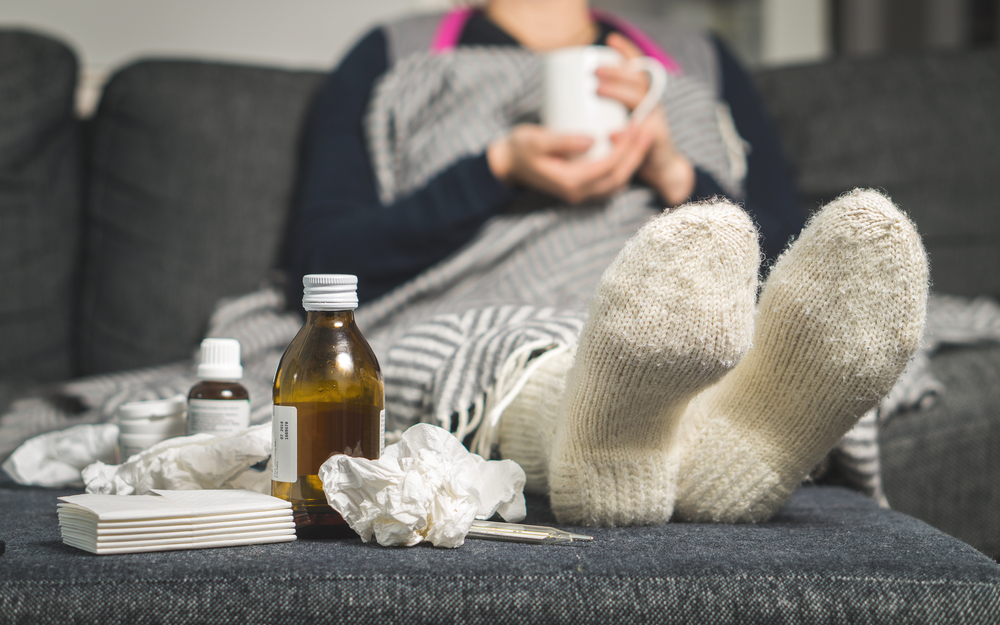Meteorologists are predicting that Australia will have the coldest winter yet in recent years. So, getting the influenza vaccine before the season starts, could be more important than ever.
Last year, Australia was hit with one of its worst influenza epidemics on record since 2009.
According to the Department of Health, the virus inflected almost 250,000 people, with numerous cases occurring in August. Over 1,100 of these cases proved to be fatal, with most people being the age of 65 and over.
Influenza A (H3N2) strains of the flu is more likely to affect the elderly than other people, as it puts massive strains on older immune systems that can struggle against the effects of a cold.
Health Minister Greg Hunt, announced two new vaccines, FluAd and FluZone, will be targeted towards elderly people, as their responses to the influenza vaccines have been declining in recent years.
“We will be making it available free of charge to everybody over the age of 65, because sadly that’s where 95% of those who lost their lives are from, in terms of age,” Hunt said.
Research shows that elderly people’s immune systems don’t react to the influenza vaccine as well as others, because the A/H1N1 flu subtype that affects younger people is different.
However, a study by Euro Surveillance found only 27 per cent of Australians were vaccinated during last year’s flu pandemic.
House Call Doctor’s Chief Operating Officer Craig Glover said in every winter flu season, House Call Doctor rosters extra doctors to cope with the demand.
“Last year House Call Doctor dispatched extra cars across Queensland to meet the demand, ” Mr Glover said.
“Amid predictions of the coldest winter in years, we would encourage Queenslanders to keep up to date with flu vaccinations, and see their local GP or an after-hours doctor when symptoms start to show.”
Although the vaccine is not proven to be 100 per cent effective stopping people from contracting the disease, it can majorly help reduce the severity and longevity.
The outbreak also resulted in numerous people taking sick leave from work and putting huge strains on hospitals and doctors’ clinics.
The disease can easily spread through the air by people coughing, sneezing and touching objects that have come in contact with people who have the flu.
Other ways to prevent influenza from spreading is by:
- Washing your hands regularly.
- Covering your face when coughing or sneezing.
- Staying home from work.
- Seeing a doctor when you think you have contracted the virus.
Experts say it’s important to get the vaccine early before the flu can spread amongst children and the elderly.





